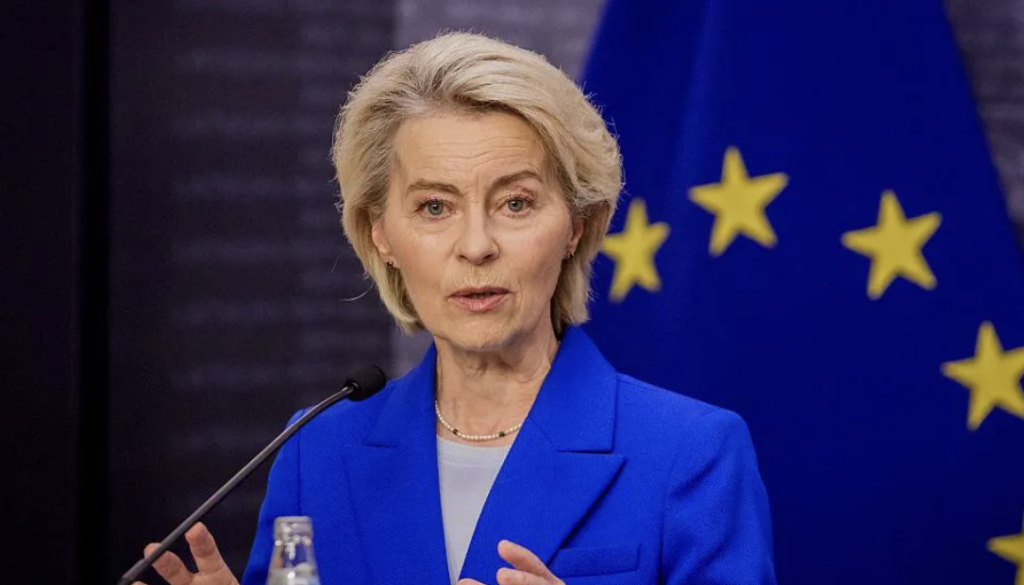The plane carrying European Commission President Ursula von der Leyen experienced a serious navigation disruption due to suspected GPS interference as it approached southern Bulgaria on Sunday, officials confirmed. Despite the incident, von der Leyen landed safely at Plovdiv Airport, reportedly relying on paper maps and terrestrial navigation methods after the plane’s satellite-based navigation systems were neutralized.
A spokesperson for the European Commission said authorities in Bulgaria suspected the disruption was caused by deliberate interference from Russia. “We have received information from the Bulgarian authorities that they suspect this was due to blatant interference by Russia,” the spokesperson stated. The Commission described the incident as part of a broader pattern of threats and intimidation by Russia, reinforcing its commitment to strengthen Europe’s defence capabilities and continue support for Ukraine.
The Bulgarian government confirmed that the satellite signals used to guide the aircraft had been effectively neutralized, prompting air traffic controllers to offer alternative landing procedures using terrestrial navigation tools. Kremlin spokesperson Dmitry Peskov dismissed the allegations, calling reports of Russian involvement “incorrect.”
According to the Financial Times, citing unnamed officials, the pilots relied on traditional navigation methods to ensure a safe landing. Experts have noted that disruptions to satellite navigation systems have become increasingly common since Russia’s full-scale invasion of Ukraine, affecting thousands of civilian flights. Cyrille Rosay, a senior cybersecurity expert at the European Union Aviation Safety Agency (EASA), told the BBC that such incidents have worsened in recent years.
Bulgaria’s Air Traffic Services Authority reported a “notable increase” in navigation jamming since January 2022, highlighting the growing threat posed by electronic interference in European airspace.
Von der Leyen was visiting Bulgaria as part of a tour of Eastern European states aimed at discussing defence readiness and assessing the ongoing security threats posed by Russia. A Commission spokesperson emphasized that during the trip, von der Leyen “saw first-hand the everyday threats from Russia and its proxies.”
The incident underscores the increasing risks posed by cyber and electronic warfare to civilian aviation and reinforces the European Union’s calls for stronger resilience against hostile actions targeting critical infrastructure.

